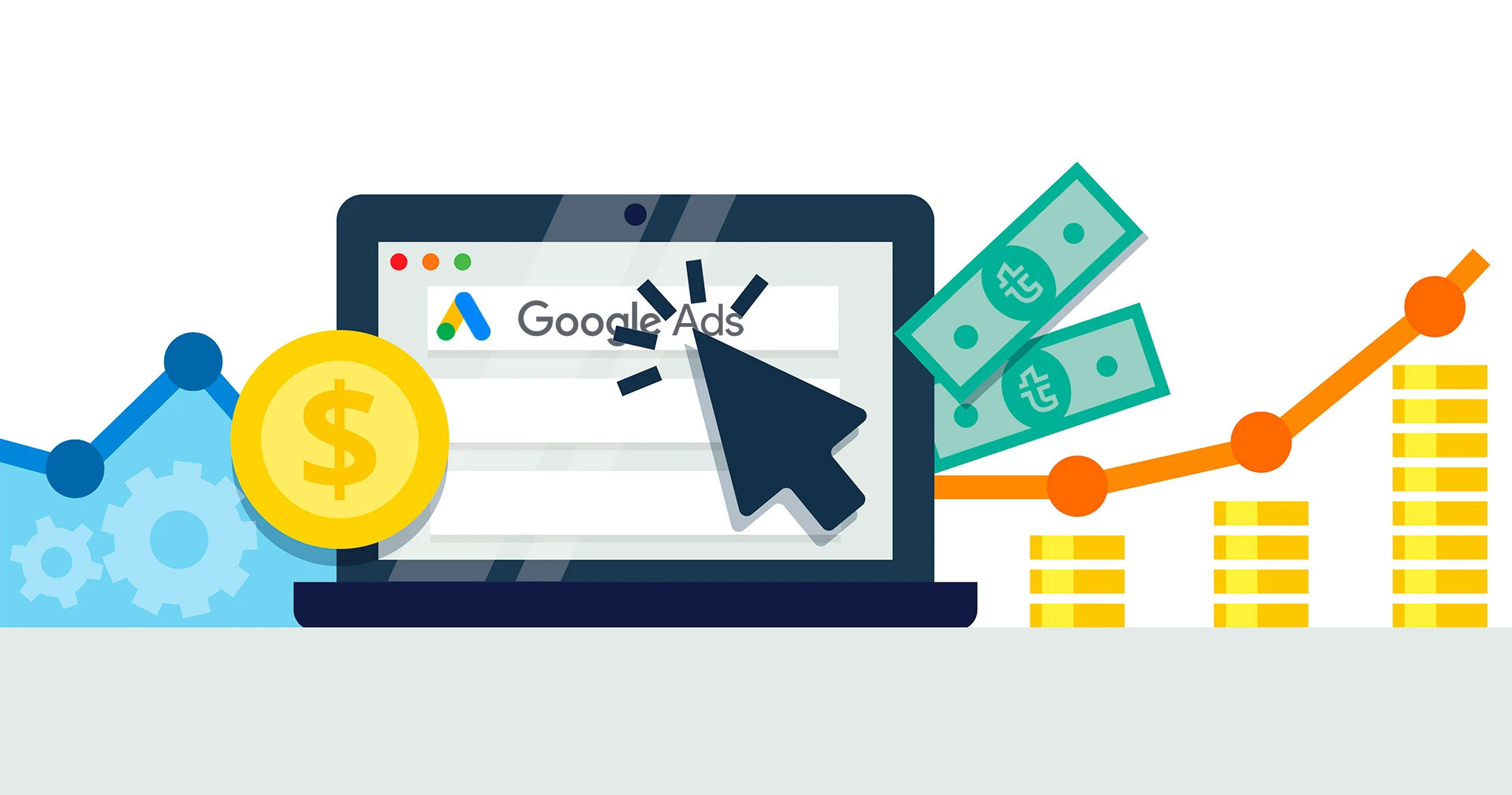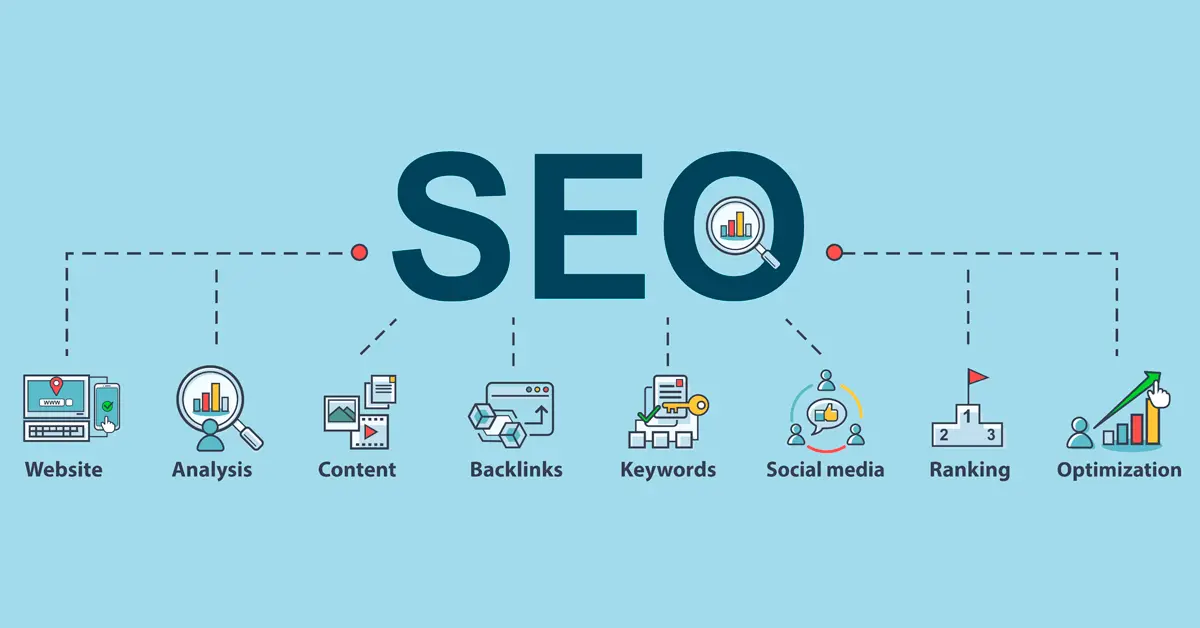If you have a business website or an online store, you must have thought of ways to increase traffic to your website. While word of mouth and existing customers can be a source of recurring traffic, there is no alternative to Google when it comes to driving organic traffic to your website. One can pay for its ad to get displayed against keywords of choice (Google Ads) or can curate its website with hours of painstaking work to make it relevant and important enough for google to rank it over its competitors on organic searches. What should you do, which is a better alternative, is google ads worth the investment, lets discuss in details to get answer to these questions in this article.
What is Google Ads (formerly Google Adwords)?
Why use Google Ads – Pros
- Google Ads allows businesses to target specific keywords, locations, demographics, and even device types, ensuring that their ads are shown to the right people at the right time.
- Google Ads offers flexible bidding options and a range of targeting options, allowing businesses to control their advertising costs and maximize their return on investment (ROI).
- Google Ads provides detailed analytics and reporting tools that allow businesses to track the performance of their campaigns and make data-driven decisions about their advertising strategy.
- Unlike SEO, which can take time to produce results, Google Ads can generate immediate traffic and leads for businesses.
Why not to use Google Ads – Cons
- High cost: Google Ads can be expensive, especially if you're in a competitive industry. You need to bid on keywords, and the cost per click can lead to high advertising costs.
- Can be complex: Google Ads can be complex and challenging to set up and manage, especially if you’re new to digital advertising.
- Click fraud: Click fraud is a concern with Google Ads. This occurs when someone clicks on your ads repeatedly without any intention of making a purchase.
- Limited reach: Google Ads only target users who are actively searching for specific keywords or browsing websites that are part of the Google Display Network. This can limit your reach and make it difficult to target users who may be interested.
What is SEO (Search Engine Optimization) ?
SEO or search engine optimization refers to a series steps one needs to get through in relation to a websites content and its structure in order to rank high on organic searches on google against keywords of choice. Technically the process involves multiple ways improving the site to rank better on search engine result page or SERP by making the site easier to find and index by search engines like Google, Bing, Yahoo etc.
SEO is an ongoing process that requires you to regularly analyze, monitor and adjust your website to be on top of changes to search algorithms and what your competitors are doing. SEO can vastly increase your website traffic, get you higher visibility and ranking in search results, and improve user engagement and conversion rates.
Pros:
- Properly done SEO means a dramatic difference in your websites search engine visibility and the amount of traffic it gets.
- Compared to other forms of digital marketing, such as PPC advertising, SEO is cost efficient, once you’ve optimized your website and content, you don’t need to pay for clicks or impressions
- With SEO, you can attract targeted traffic to your website. By optimizing your website for specific keywords and phrases, you can reach people who are actively searching for products or services like yours.
- If you websites ranks higher on search results, that automatically gets you more credibility and authority. I Personally trust businesses that rank high on search results, wont you ? so SEO can help you build trust with potential customers.
Cons:
- Time-consuming: SEO can be a time-consuming process, especially for new or low-authority websites. It can take weeks or even months to see significant results
- High competition: Depending on the industry and niche, competition for top search engine rankings can be fierce, making it difficult to rank higher.
- Constantly changing algorithms: Search engines like Google regularly update their algorithms, which can impact rankings and require constant adjustment of SEO strategies.
- Need for technical expertise: Effective SEO requires technical skills, such as website optimization, keyword research, and link building, which may require additional training or hiring of specialized personnel.
Conclusions
Both SEO and Google AdWords have benefits and drawbacks, and which is best for your company will depend on your unique objectives and financial concerns.
Given its capacity to regularly bring new visitors to your website over time, SEO might be a fantastic long-term strategy for your company. It may also be able to produce leads and sales for less money than Google AdWords. Unfortunately, SEO demands a major time and resource commitment, and returns may not be seen for months or even years.
On the other hand, if you want results right now and have money to spend on advertising, Google AdWords can be an excellent choice. You may target particular audiences with Google AdWords and quickly increase traffic to your website. Yet Google AdWords can be pricey, and if you stop spending money on them, your traffic and leads will probably go off.
Need SEO Expert in Sydney for website optimization ?
Contact us today at 02 8003 7308 or email us here

